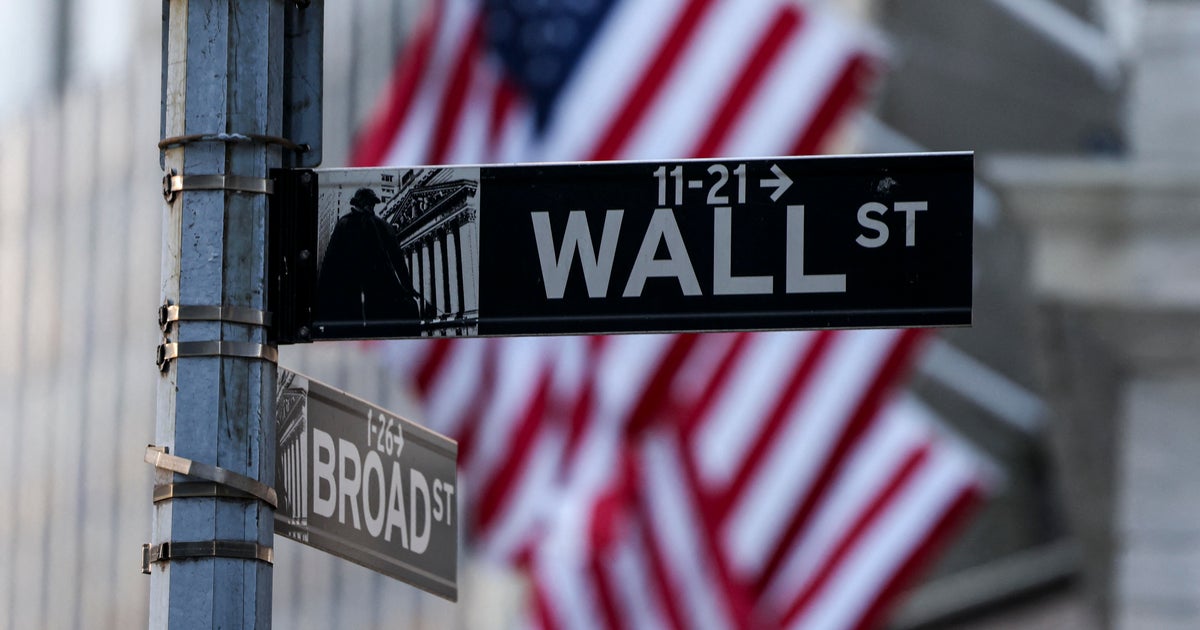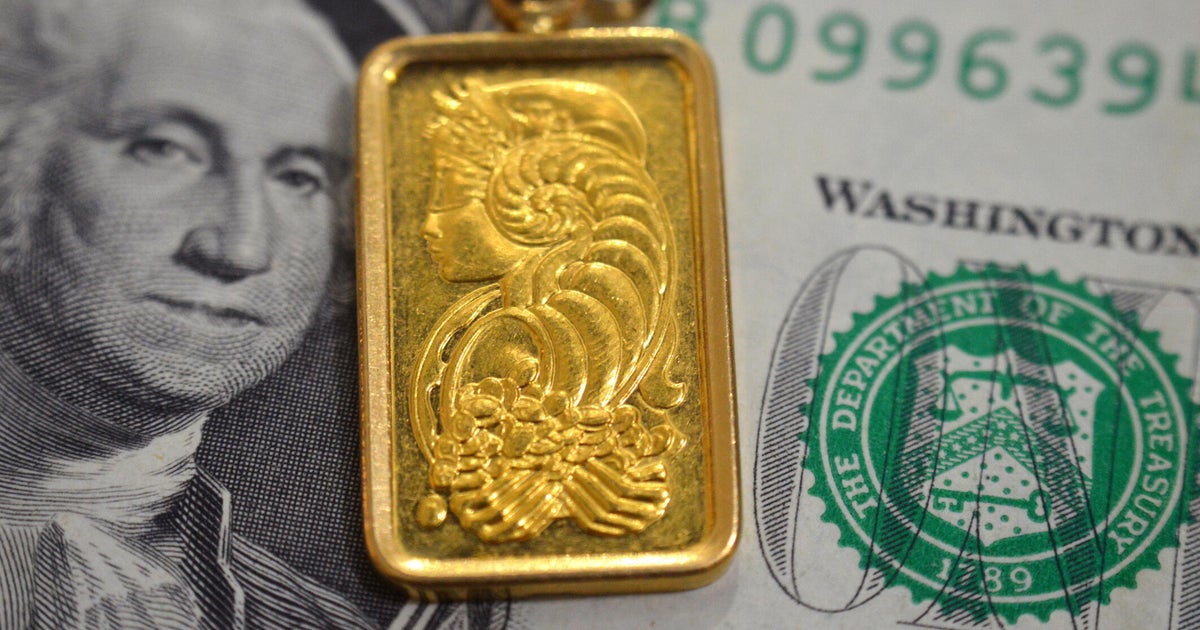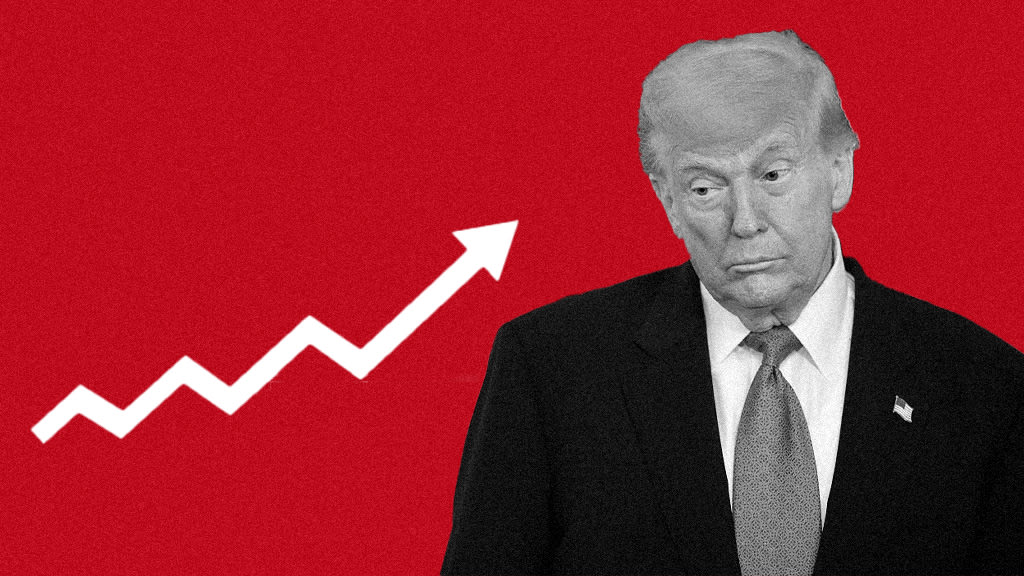Dow passes 34,000 as U.S. economy regains signs of life and normalcy
The Dow Jones Industrial Average passed 34,000 on Thursday, as stocks rallied to record highs on rosy reports of increased consumer spending, lower unemployment and increased corporate profits for the month of March.
The S&P 500-stock index closed 1% higher, at about 4,170, to beat a previous all-time high set on Tuesday. The Dow Jones Industrial Average also set a new record, up 305 points, or almost 1%, to close at 34,015. The tech-heavy Nasdaq composite finished the trading day 1.3% higher.
Expectations are very high on Wall Street that the economy — and thus corporate profits — are in the midst of exploding out of the cavern created by the coronavirus pandemic, thanks to COVID-19 vaccinations and massive support from the U.S. government and Federal Reserve. Report after report on Thursday only bolstered those expectations.
"The stock market continues to validate the optimistic forecasts from last year, which predicted a strong economy that was driven by consumers emerging from their homes, emboldened by vaccinations or by a belief that the worst of Covid was behind us," Chris Zaccarelli, chief investment officer for Independent Advisor Alliance, said in an email.
One report from the Commerce Department showed that U.S. retail sales jumped 9.8% in March from February, blowing past economists' forecasts for 5.5% growth.
Much of the consumer spending surge was due to $1,400 payments from the U.S. government's latest economic rescue effort hitting households' bank accounts. Economists said it shows how primed people are to spend as the economy reopens and conditions brighten. That's huge for an economy that's made up mostly of consumer spending.
Boost from vaccinations and stimulus
Thursday's retail report, which covers about a third of overall consumer spending, is the latest sign that the economy is improving as vaccinations accelerate, business restrictions are relaxed and more people are willing to head out to shop or eat. Employers, for example, added 916,000 jobs last month, the most since August. And U.S. consumer confidence surged in March to the highest level in a year.
Another report gave an encouraging read on the job market, showing 576,000 people applied for unemployment benefits last week. That's well below the 700,000 that economists had forecast and down from 769,000 the prior week. It's also the lowest the number has been since the pandemic.
Adding to the optimism, more big U.S. companies reported even healthier profits for the first three months of 2021 than analysts had forecast. Expectations are already high for this earnings reporting season, which unofficially got underway on Wednesday and could result in the strongest growth in more than a decade.
"You've got various pockets of the market now starting to show a broadening recovery," said Sameer Samana, senior global market strategist at Wells Fargo Investment Institute.
BlackRock, PepsiCo and UnitedHealth Group all reported bigger profits for the first quarter than analysts expected. BlackRock rose 2.4%, PepsiCo gained 0.2% and UnitedHealth climbed 3.4%.
Even Delta Air Lines, which reported weaker results for the start of 2021 than expected, highlighted areas of optimism. It said it could return to making profits by late summer if the recovery it's seeing in air travel continues. Its shares fell 3.3%.
With growth expectations so high, some investors are worried about the possibility that inflation could swing upward and stay high. If it were to sustain itself, high inflation could send bond prices tumbling, hurt corporate profit margins and trigger volatility across markets worldwide.
The bond market remained notably calm following Thursday morning's stronger-than-expected reports, and longer-term yields actually fell, to the surprise of some analysts. The yield on the 10-year Treasury dropped to 1.55% from 1.63% late Wednesday. Earlier this month, it had gotten as high as 1.75%.
It's reminiscent of what happened earlier this week, when a report on the Consumer Price Index came in higher than expected. It would have made sense if the worse-than-expected inflation report had caused investors to sell bonds and send yields higher, but they largely shrugged it off.
Analysts still expect bond yields to tick higher as the year goes on and the economy continues recovering, along with investors shifting money into sectors that will see a greater benefit from the recovery.
"When you're thinking about GDP growth, it's really hard to see why the 10-year shouldn't be higher," Samana said.
The surprising reaction may be a result of how unpredictable data can be as the pandemic and government efforts to counteract it distort everything. And, for now at least, the numbers seem to be pointing toward more strength.



